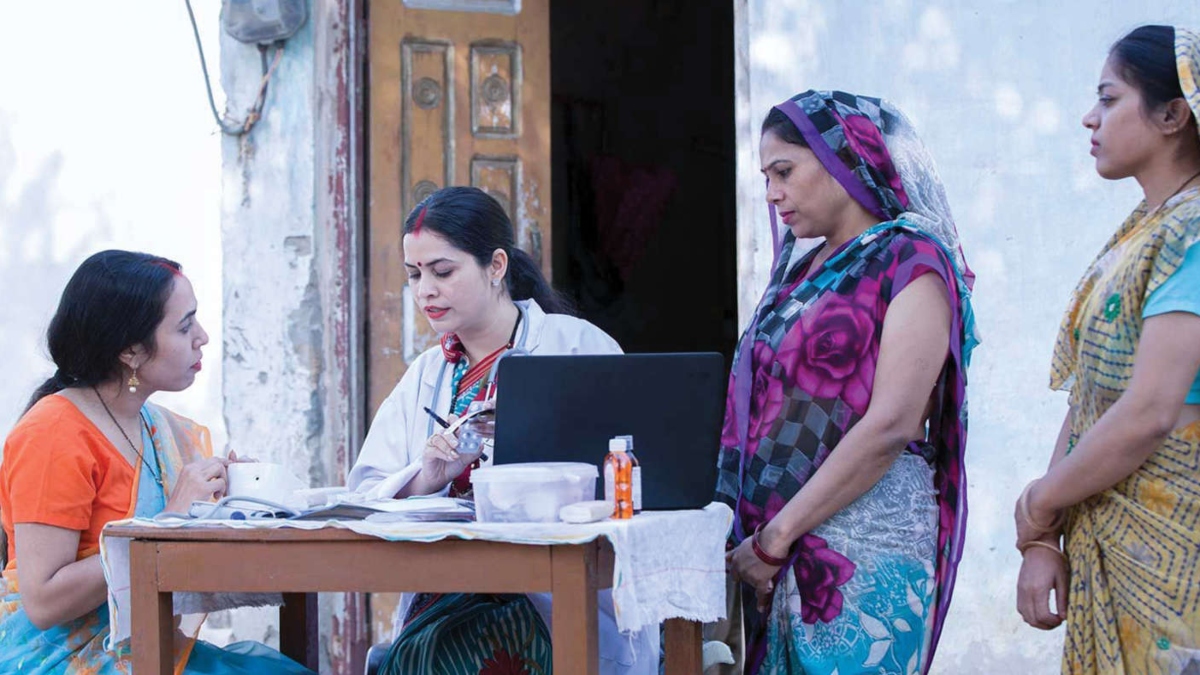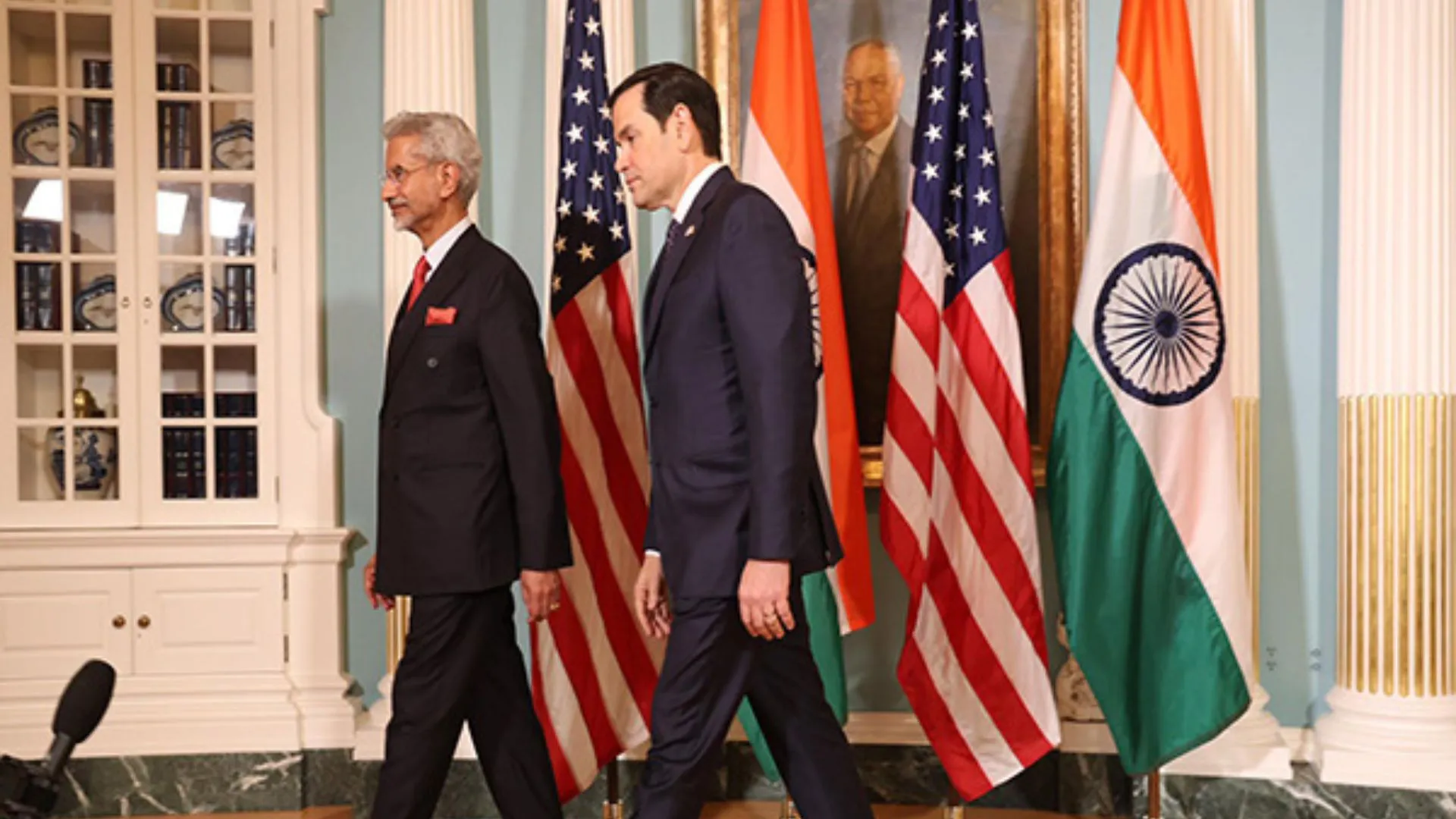Menstruation is a normal physiological phenomenon, and the onset of menstruation is a sign of normal reproductive function. Menarche is the occurrence of the first menstrual period. Menstruation is the shedding of the functional layer of the endometrium that occurs when ovulation is not followed by fertilization. Menarche is a result of a complex interaction between hypothalamic, pituitary, and ovarian hormones. Physiological changes occur at the age of menarche. The pattern of menstruation is affected by genetic factors, age of menarche, nutrition, race, environmental condition, geographical location, health status, psychological factors, BMI, socio-economic status, parent education level, occupation of parents, loss of parents, child sexual abuse, physical stress, and smoking. Various studies indicate that the average age of menarche has reduced significantly in the last few years and there is a trend of early onset of menarche in developing and developed countries. Menarche is an important factor in health planning.
The mean age of menarche is 12- 13 years. The length of the normal menstrual cycle is around 24-38 days with bleeding around 4-7 days. The first experience would be fear, shame, or embarrassment. The problems faced include pain, heaviness in the lower abdomen, severe cramps, hygiene issues, infection, and anemia due to heavy bleeding or lethargy.
50% of girls in India know nothing about their periods until they start their periods. In India, it is reported that only 18% of women of the menstruating age have access to sanitary products. 82% lack awareness about menstrual hygiene. Every girl should know about menstruation before their first period; that is why girls should be educated by their mothers and teachers. From the time of the larch, i.e., appearance of breast buds, pubic and axillary hair, it is the duty of the mother of a girl child, to give her awareness regarding the forthcoming menstruation so that they will immediately report to the mother when first signs of bleeding occur.
This is the time family members or mother should teach the girl about change in sanitary napkins every 4 to 6 hours, discard the used sanitary napkins properly, wash the undergarments properly and wear clean and dry undergarments. If she is using cloth napkins, she has to be trained to use clean clothes, change them at frequent intervals, wash and dry it properly, and store them in a clean dry place before the next use. It is the responsibility of the mother or caretaker who has to find them a separate storage facility for this. In rural villages, they rely only on pieces of cloth, and may not have the facility of even washing and keeping it dry. These encourage microorganisms to grow and cause infection. Disposable pads are costly and not always available in rural areas. Only 5% of rural women are affordable to buy disposable pads.
Every school should have sanitation facilities that are safe, private and provide access to water, soap, and dustbin and enabling girls to change and dispose of their menstrual products and clean themselves. Schools should provide enabling environment where menstruation is treated respectfully by all. It is prudent to integrate sex education into the school curriculum so that children (girls and boys) learn about it at an early age and do not consider it taboo. Girls having better knowledge regarding menstrual hygiene and safe practices are less vulnerable to reproductive tract infections and their consequences. Schools can make facilities for sanitary napkins and vending machines.
Menstrual hygiene tips:
• Change your pads frequently
• Try to use cotton sanitary pads
• Clean reusable pads properly
• Keep the perineal area clean
• Wear comfortable, clean underwear
• Use correct washing techniques
• Discard used sanitary pads properly
• Consult a gynecologist in case of irregular or heavy bleeding
Menstruating days should be considered normal. Associating pain or mood swings should not keep girls away from going to school or work. They can consult a gynecologist in case of worrying symptoms, take an analgesic and get engaged in routine activities.
The author is Clinical Professor; Head, Obstetrics and Gynecology, Amrita Hospital, Kochi























